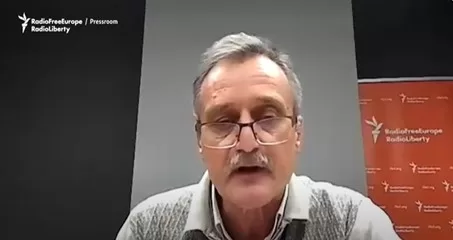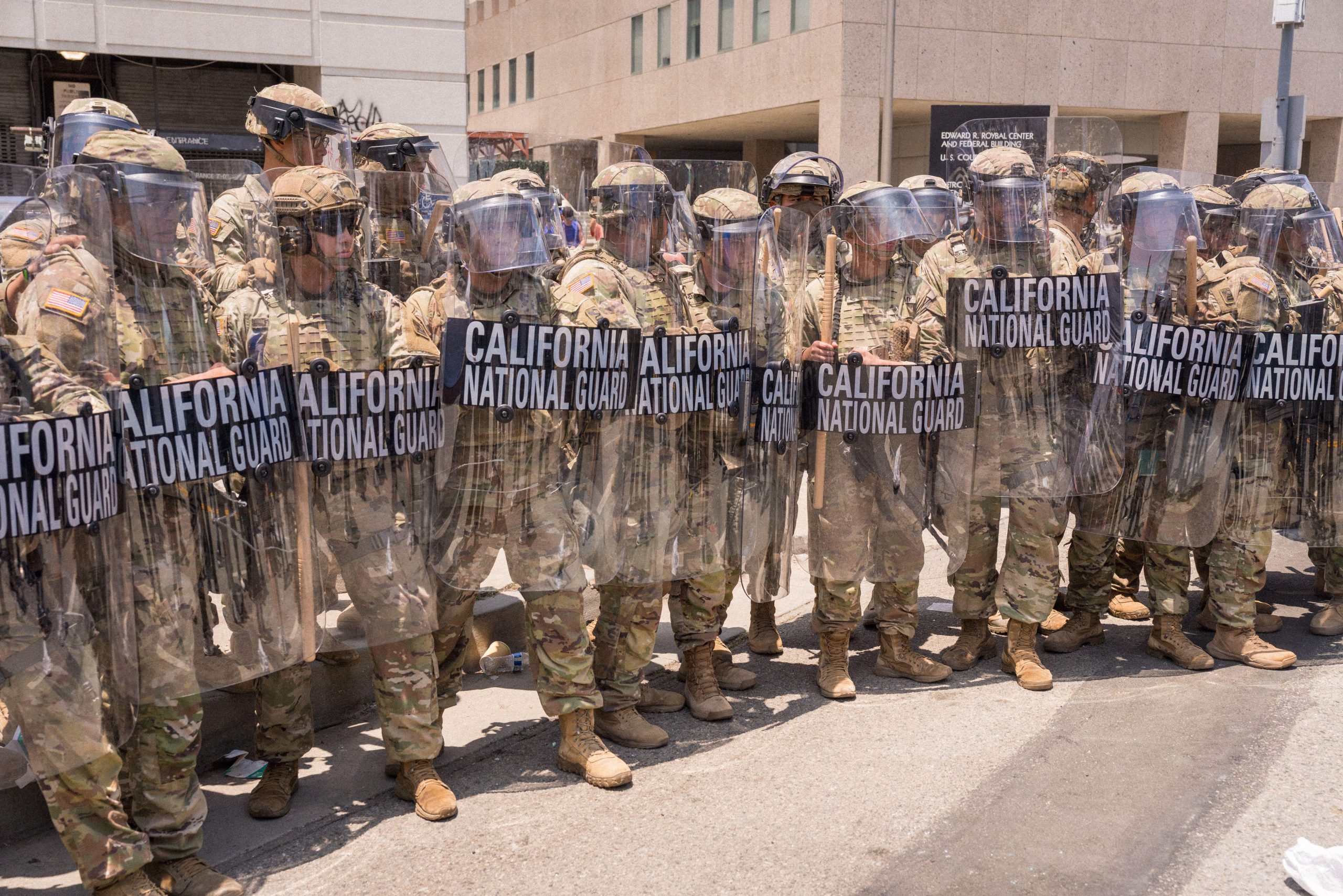It is important the international community pays close attention to the scale of politically motivated persecutions in Belarus, a panel discussion organised by the media organisation Radio Free Europe/Radio Liberty recently said.
It was after Zmitser Dashkevich, a well-known Belarusian activist originally charged with extremism, had his sentence extended by a year after being charged with “blatantly disobeying penitentiary guards“. His sentenced was due to end in July. Journalist Andrei Aliaksandrau, a former employee of Index, recently spent his 1000th night behind bars after being imprisoned for 14 years in October 2022 for “extremist activities” against the state.
Anastasiia Kruope, assistant researcher for the Europe and Central Asia Division of Human Rights Watch, said there has been a large increase in human rights abuses and politically motivated persecutions in Belarus following Aleksandr Lukashenka’s heavily contested presidential election win in 2020.
“An atmosphere of fear and intimidation for journalists and human rights defenders was created,” she added.
“The way these people are treated in prisons and labelled extremist, along with the silencing of family members outside, means some of these cases may amount to crimes against humanity according to the UN.”
Aleh Hruzdzilovich was one such prisoner. A journalist for Radio Free Europe/Radio Liberty, he spent nine months in prison and was released in September 2022. After covering the protests following Lukaskenka’s re-election for his job, he was arrested and charged with actively taking part in them.
“From the very first day, people like me recorded as extremists are punished more and have a stigma in prison,” Hruzdzilovich explained.
“It means we’re put in punishment cells and solitary confinement more often. When I was tortured, I was told to sleep on the wooden floor. If I simply sat down or stopped walking around the cell in the daytime, I was reported and given more time in the punishment cell.”
Hruzdzilovich described seeing a prisoner wet himself through fear of being sent to a punishment cell.
Pavel Sapelko is a lawyer based at the Viasna Human Rights Centre in Minsk, Belarus. He said there is an absolute power of prison authorities over prisoners in Belarus, which is affecting their human rights, and seemingly makes people “disappear”.
“The prisoners are simply incommunicado. The authorities can shut down visits and calls from families, and even then can only get help from a lawyer after their sentences are passed by law.”
Speaking of the legal system in Belarus, Sapelko described the debilitating change that has occurred over the past three years.
“We’ve lost more than 300 defence lawyers, with 100 of them being disbarred. Licences have been revoked, and six defence lawyers are actually behind bars, now prison inmates themselves,” he explained.
“This massively affects a lawyer willing to take on your case, especially for those charged with being extremists.”
Ending with another reason why the international community should support those journalists and human rights defenders still in Belarus with things such as legal help and visas, Kruope had one eye on the future.
“They have the connections to document these abuses. The powerful tool we have is accountability, and it may take many years for abusers to face justice. We can focus on preserving the evidence against these abuses and document them for the future.”
Please read about Letters from Lukashenka’s Prisoners here, which is a collaborative project by Index on Censorship in partnership with Belarus Free Theatre, Human Rights House Foundation and Politzek.me.






